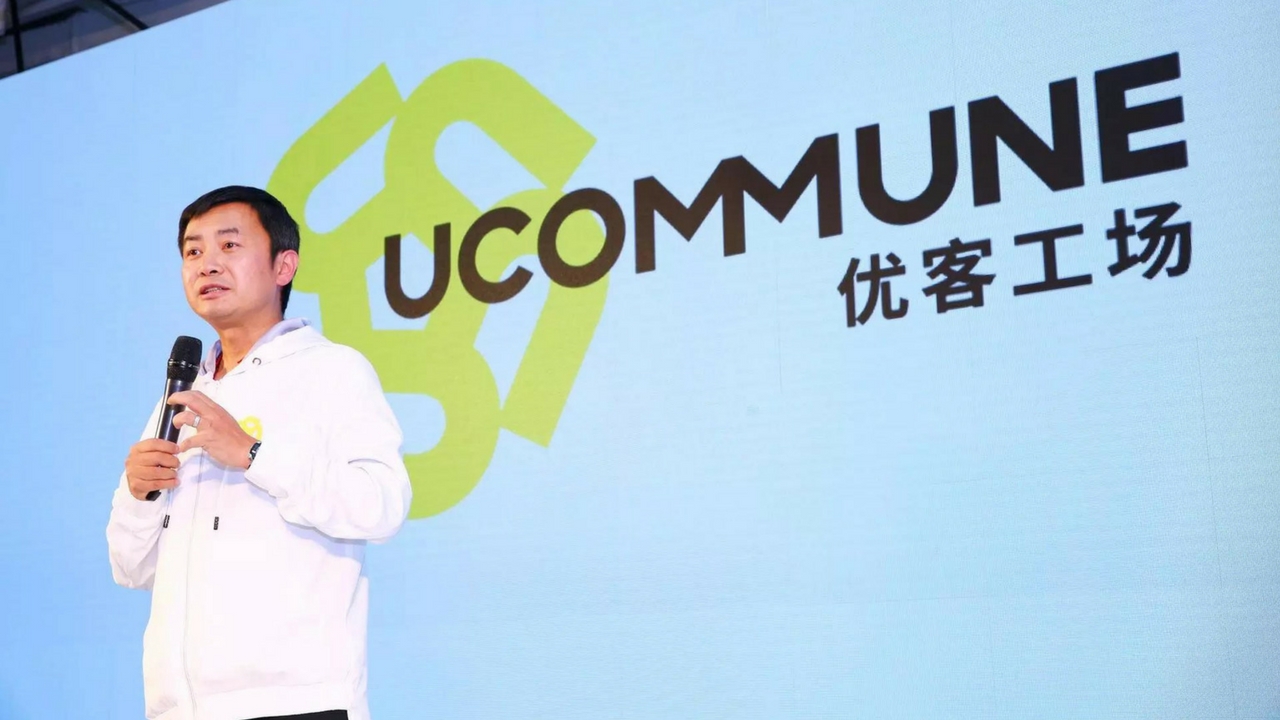- UrWork retains company name as UrWork (Beijing) Venture Investment Co. Ltd, but re-brands workspaces to ‘ucommune’.
- WeWork called off its legal action against UrWork as the case was settled to mutual satisfaction.
- Founded in 2015, the Chinese coworking startup is now valued at $1.3 billion having raised $45 million in December 2017.
In September 2017, WeWork filed a lawsuit against Chinese workspace company UrWork for trademark infringement. The move came just as UrWork was preparing to make its coworking debut in New York as part of a co-branded venture with workspace franchise company, Serendipity Labs.
WeWork’s complaint was based on the grounds that UrWork’s name was “confusingly similar” and that it shared defining characteristics with WeWork’s trademark. The complaint was also filed against Serendipity Labs.
At the time, a WeWork spokesperson said:
“WeWork has invested substantial time and money building a superior brand to ensure that our brand name is uniquely associated with WeWork and its offerings. UrWork has no physical presence and no brand equity in the United States, so there is no reason for them to enter our home market with such a confusingly similar name.”
In December 2017, WeWork called off the lawsuit as it emerged that the case had been settled to the satisfaction of both parties. The result is a change of name for the UrWork brand.
Specifically, its workspaces will now be labelled ‘ucommune’, although the company itself will retain its formal name — UrWork (Beijing) Venture Investment Co. Ltd.
The company, which is China’s largest coworking space provider with 100 locations in 35 cities including London and Los Angeles, is now in the process of re-building its flexible workspace brand as ‘ucommune’.
Founded in 2015, the Chinese coworking startup is now valued at $1.3 billion having raised $45 million in Series C funding last month from a trio of mainland investment firms.
“We don’t want to just provide office space, we want to give customers more possibilities,” UrWork said [Bloomberg]. “Connecting to the world from a desk, building from a massive membership network — that’s what we mean by ‘commune’.”
Differentiation is essential in a growing and competitive market such as flexible space, especially when it comes to a brand’s most vital asset — its name. As the global flexible workspace market grows and competition intensifies, legal intervention between brands could become common practice — particularly as the industry continues to attract greater levels of investment and new, funded market entrants.













